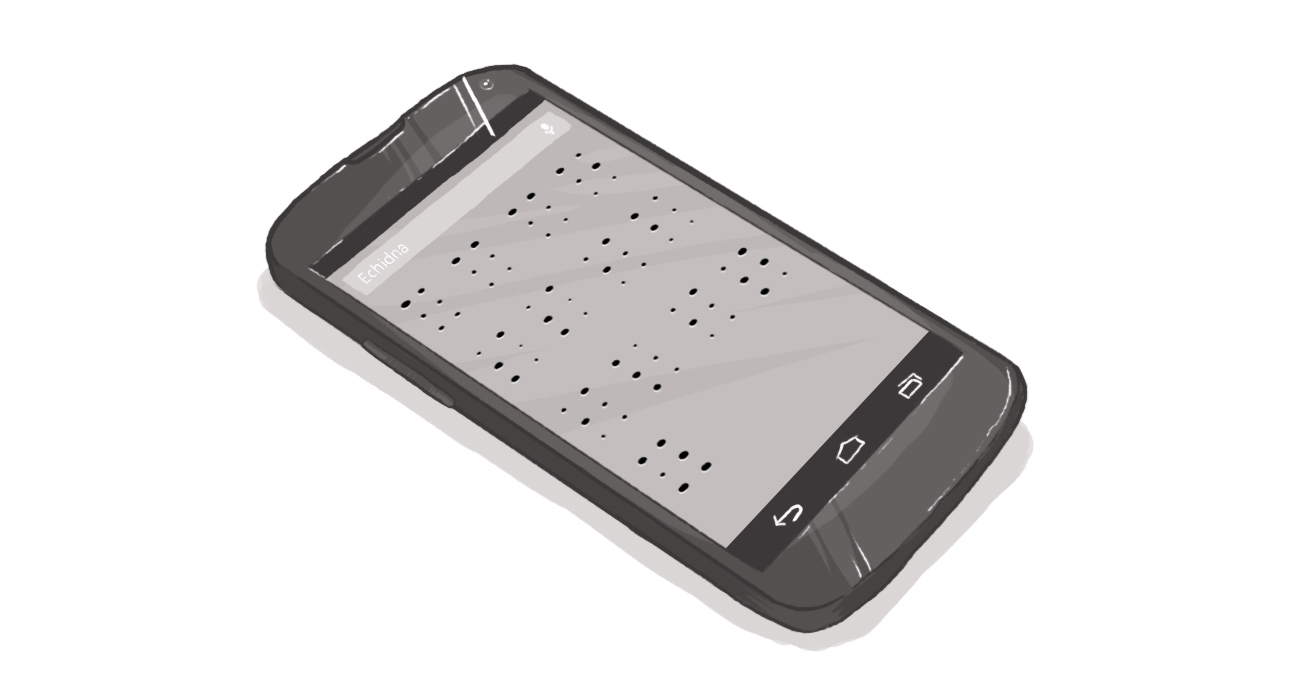Accessibility Matters - Technology's Promise Must Be Augmented by Humanity's Will

Today is the United Nation's International Day of Persons with Disabilities. Its theme, this year, is "Sustainable Development: The Promise of Technology."
It's an exciting time as we're in the midst of a technological revolution that is making the world far more accessible than ever to far more people.
At Digital Echidna, we're proud of the efforts we take in terms of accessible web design. From an educational standpoint, we've worked to contextualize the reams of information and, in some cases, misinformation that's out there both through our blogs and our client work. My colleague, Sarah Jevnikar, has brought an incredible first-hand perspective that's reshaping how we look at accessibility: one where compliance is the bare minimum -- and ensuring the user experience is of the same quality and value for all is the true goal.
We're lucky to live in a time where accessible technology is all around us. Information is accessible to more people thanks to the outlines established through WCAG 2.0, to help meet the needs of adaptive technology like screen readers. We have amazing grassroots organizations like, here in London, Vibrafusion Labs, which are innovatively working to bring the experiences we take for granted -- like the appreciation and creation of music -- to those who have been traditionally shut out.
But accessibility is more than just technology. It's about human will.
Technology offers the promise, as the UN's theme dictates, but we have a responsibility to deliver up on that promise.
If there's a greater understanding of the barriers that are in place for people with disabilities, it needs to be combined with a greater desire to remove those barriers.
Acknowledging they exist is a start. But taking active steps to dismantle them -- and to work every day to ensure no new barriers are created -- those are the keys.
We need to ensure that accessibility is a core component of our actions going forward. In business, it means looking at the person's ability first. It means striking the word accommodation from our accessibility language and instead thinking of providing people with the tools they need to maximize their potential -- just as we would with any other employee.
From a web design perspective, it means doing our best to meet and exceed the standards set by AODA and WCAG 2.0. It means appreciating the very real benefits that accessible design provides as both a parallel to responsive design and for improving the usability and ability for search engines to index your site.
The promise of technology is limited solely in being able to provide us with new and more-effective tools.
The promise of humanity is unlimited and it is our responsibility to ensure that we use those tools to their greatest capacity.
What is the International Day of Persons with Disabilities?
SUBSCRIBE TO OUR E-NEWSLETTER
 Subscribe
Subscribe


